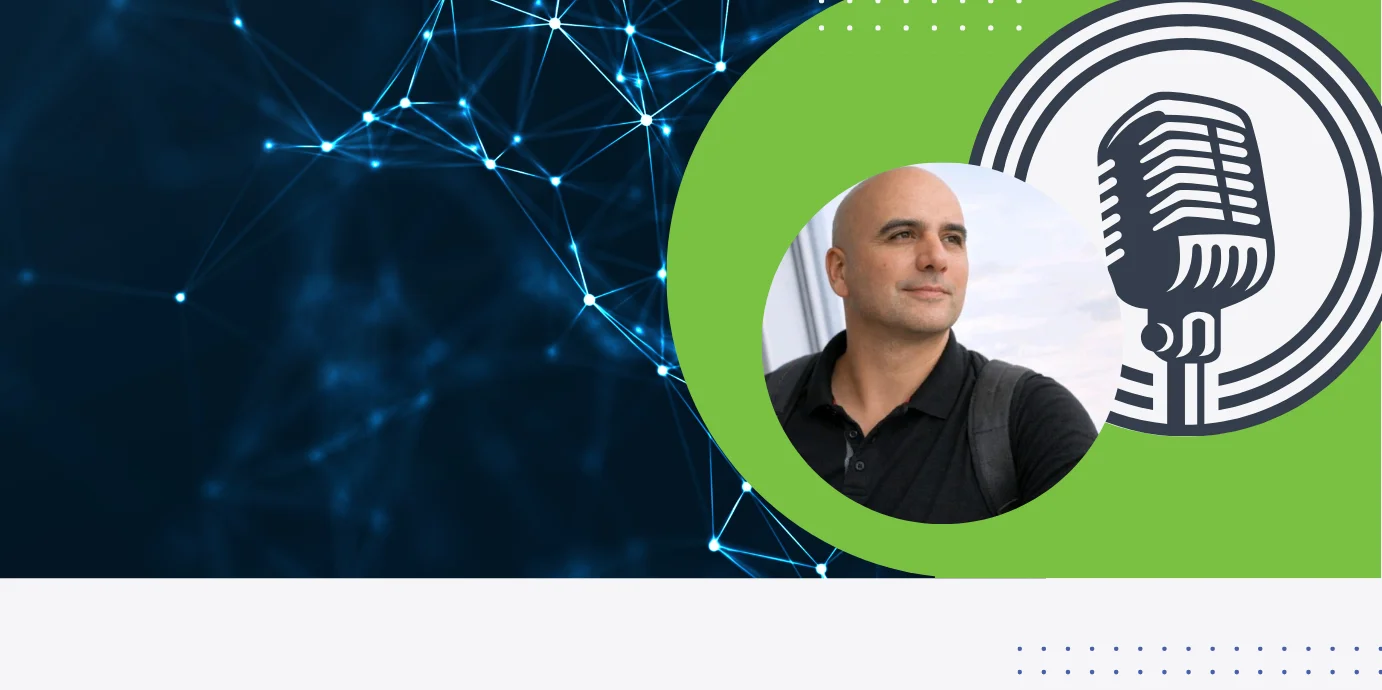Level Up with the CCNP: The Next Step for Network Engineers
23 Jul, 20258 minsOnce you've conquered the CCNA, the natural next move for many network professionals is the ...

Once you've conquered the CCNA, the natural next move for many network professionals is the Cisco Certified Network Professional (CCNP). This advanced-level certification is designed for engineers ready to deepen their expertise and step into more strategic roles. Whether your goal is to become a senior engineer, network architect, or a specialist in areas like security or enterprise infrastructure, the CCNP validates your ability to design, implement, and troubleshoot complex networks at scale.
Why CCNP is the Logical Progression
If the CCNA proves you understand the core principles of networking, the CCNP proves you can put that knowledge to work in high-stakes environments. It's a certification that signals not just technical know-how, but the strategic thinking required to manage enterprise-grade networks.
Here’s why it’s a powerful next step:
- Advanced Credibility – Demonstrates mastery beyond foundational concepts.
- Specialisation – Allows you to focus on what matters most to your career, from enterprise to security, collaboration, or data centre technologies.
- Career Growth – Prepares you for roles like Senior Network Engineer, Network Consultant, or Solutions Architect.
- Increased Demand – Employers often list CCNP as a requirement for advanced networking roles.
One engineer put it simply: “CCNP took my knowledge from day-to-day fixes to long-term design and optimisation. It’s where you really start engineering solutions.”
Overview of the CCNP Exam Structure
The CCNP structure is different from the single-exam format of the CCNA. Instead, it consists of two exams:
1. A core exam – which covers the foundational knowledge of your chosen track.
2. A concentration exam – allowing you to specialise in a specific area.
For example, in the CCNP Enterprise track, you'll need to pass the ENCOR 350-401 core exam, which covers enterprise networking technologies in-depth. As of July 2025, the ENCOR 350-401 exam remains the current core requirement for this certification.
Then, you choose a concentration exam such as ENARSI (advanced routing), SD-WAN, wireless design, or network automation.
Each exam is around 120 minutes long and includes a mix of multiple-choice, drag-and-drop, and simulation-based questions that reflect real-world scenarios.
Preparing for CCNP as a Working Network Engineer
Having hands-on experience gives you a solid foundation, but don’t underestimate the depth of CCNP content. The exams go well beyond memorisation and demand a strong grasp of complex protocols, design considerations, and operational scenarios.
Here’s how to prepare effectively:
- Study core technologies like OSPF, EIGRP, BGP, route maps, QoS, and SDN principles.
- Set up virtual labs using tools like EVE-NG, Cisco VIRL/CML, or GNS3.
- Choose a concentration exam that aligns with your current role or long-term career goals.
- Use Cisco’s official training, study guides, and video content from instructors like David Bombal or NetworkChuck.
- Create a study plan with milestones over a 3 to 6-month period and stick to a consistent routine.
Proven Study Strategies for CCNP Candidates
Think of preparing for the CCNP like managing a professional project. Set clear objectives, track your progress, and adapt as needed. Here are some strategies that work well for busy engineers:
- Lab everything – Build and break your network setups. There’s no substitute for hands-on experience.
- Document your work – Write down configurations and the reasons behind your design choices.
- Teach others – Explaining concepts, even informally, can significantly boost your understanding.
- Focus on design thinking – Don’t just memorise commands; understand why you'd choose a certain configuration in a given scenario.
- Schedule weekly reviews – Take time to revisit past topics and reinforce your learning.
Key Topics to Know (CCNP Enterprise Core Focus)
The CCNP Enterprise Core exam (ENCOR 350-401) tests your knowledge across a wide range of advanced networking concepts. Some key areas include:
- BGP and OSPF: Advanced redistribution, path selection strategies, and troubleshooting techniques.
- QoS: Designing policies for latency-sensitive traffic like voice and video.
- Security: Device hardening, secure access control, and AAA.
- Virtualisation: GRE tunnels, VRFs, and IPsec.
- SD-WAN and SD-Access: Understanding Cisco’s software-defined solutions.
- Network automation: REST APIs, Python scripts, and model-driven telemetry.
Test Yourself with These Scenario-Based Questions
- A router has overlapping static and dynamic routes - how is precedence determined?
- You’ve configured OSPF with multiple areas but aren’t seeing the expected routes. What do you check?
- How would you design QoS for VoIP deployment across WAN links?
- What are the implications of asymmetric routing with firewalls in the path?
- What’s the difference between route reflectors and confederations in BGP?
Final Thoughts
The CCNP isn’t just a technical upgrade; it’s a strategic investment in your future. It pushes you to think at a higher level, builds your confidence in large-scale network design, and opens doors to senior positions and specialist roles.
If you’ve already mastered the CCNA and are looking to build on that foundation, the CCNP could be your next big move.
Looking to power your future? Talk to us
If you’re seeking the best network engineers on the global market to help pioneer growth for your business, get in touch with our enterprise networking team today, and we will connect you with the talent you need to meet your recruitment needs.
Alternatively, if you’re looking for your next career opportunity with the latest network engineer jobs and are unsure which tools employers are looking for experience in, speak to our expert team today, who will help you navigate the exciting, fast-paced job marketplace.




